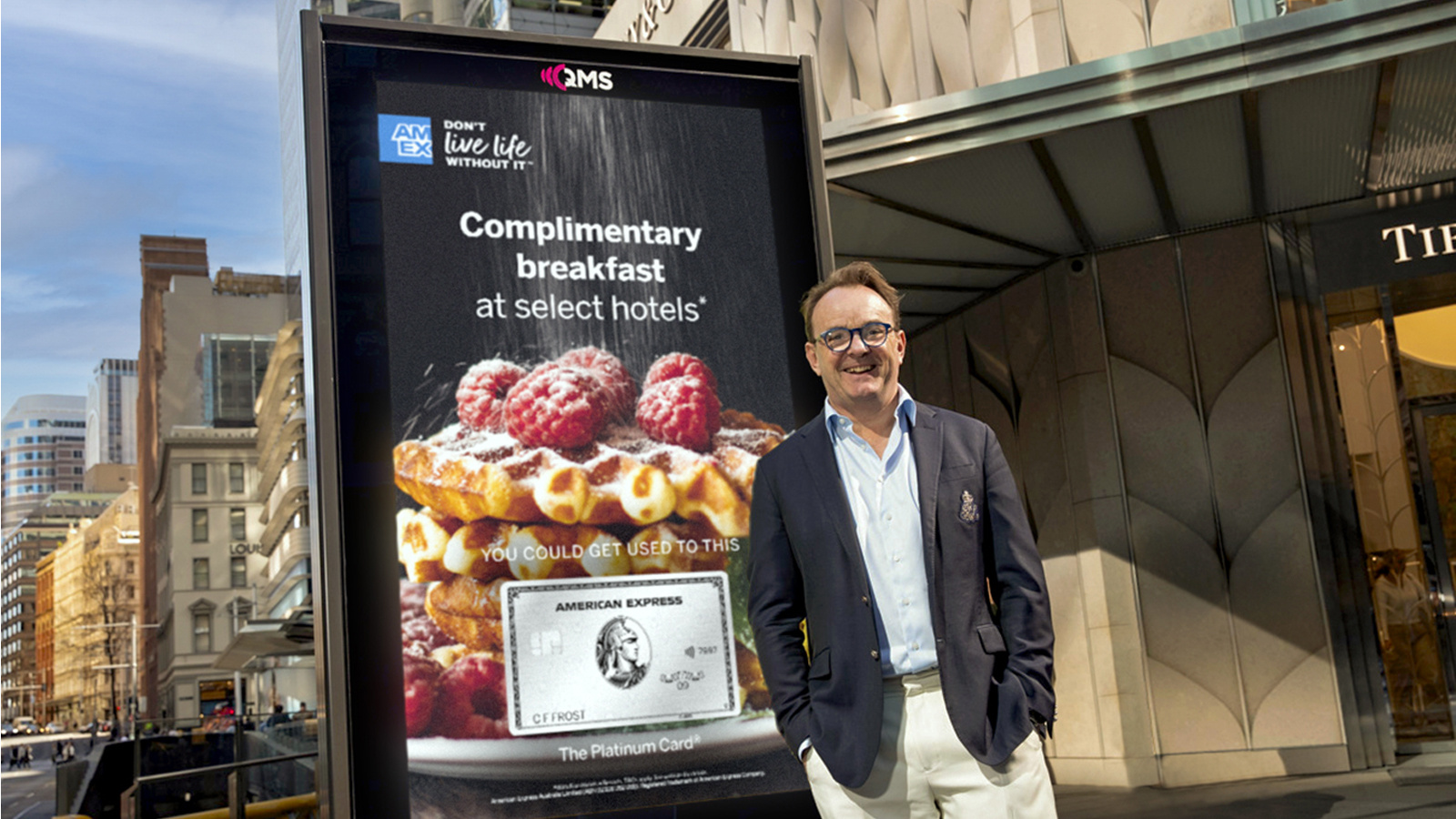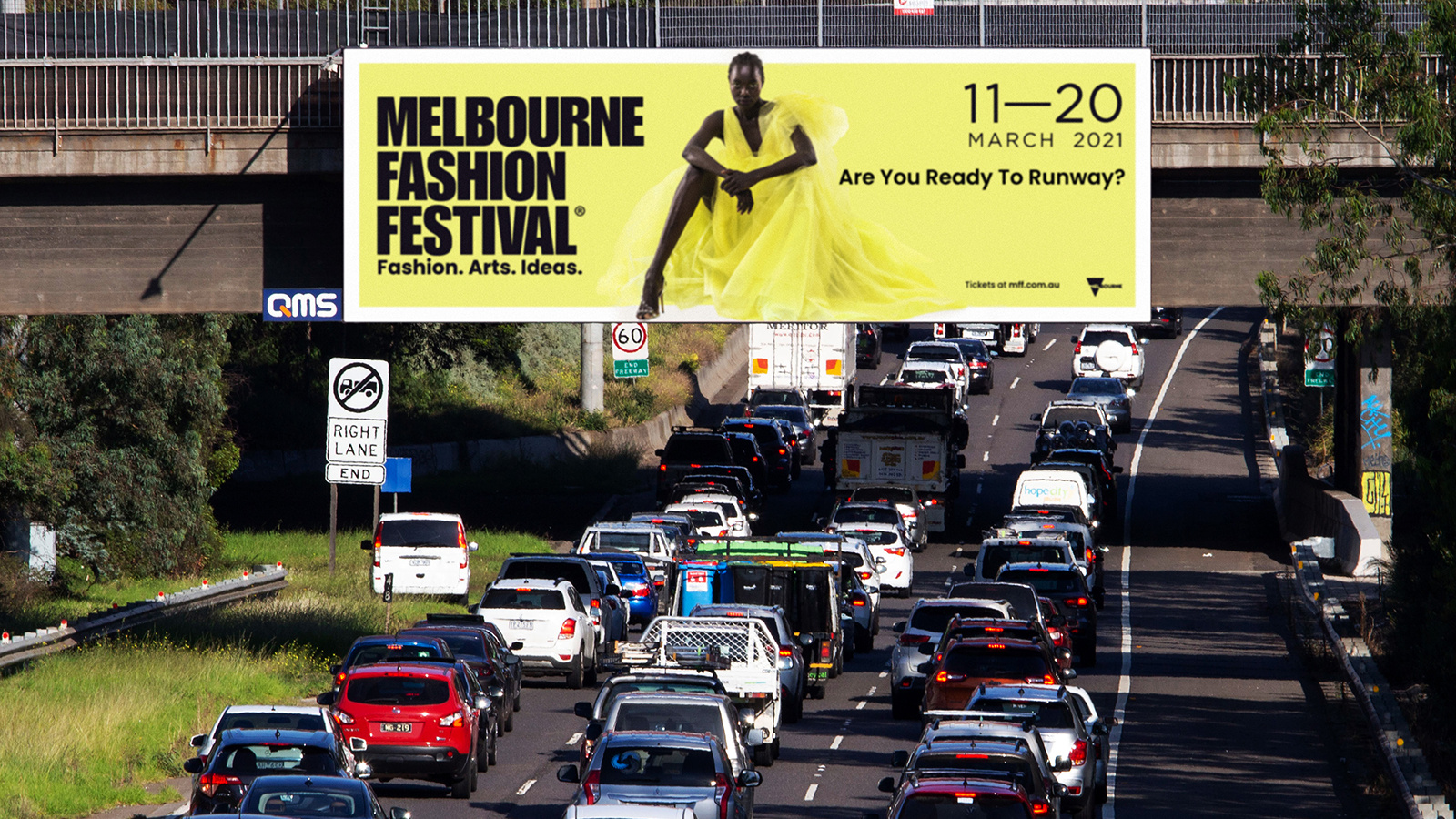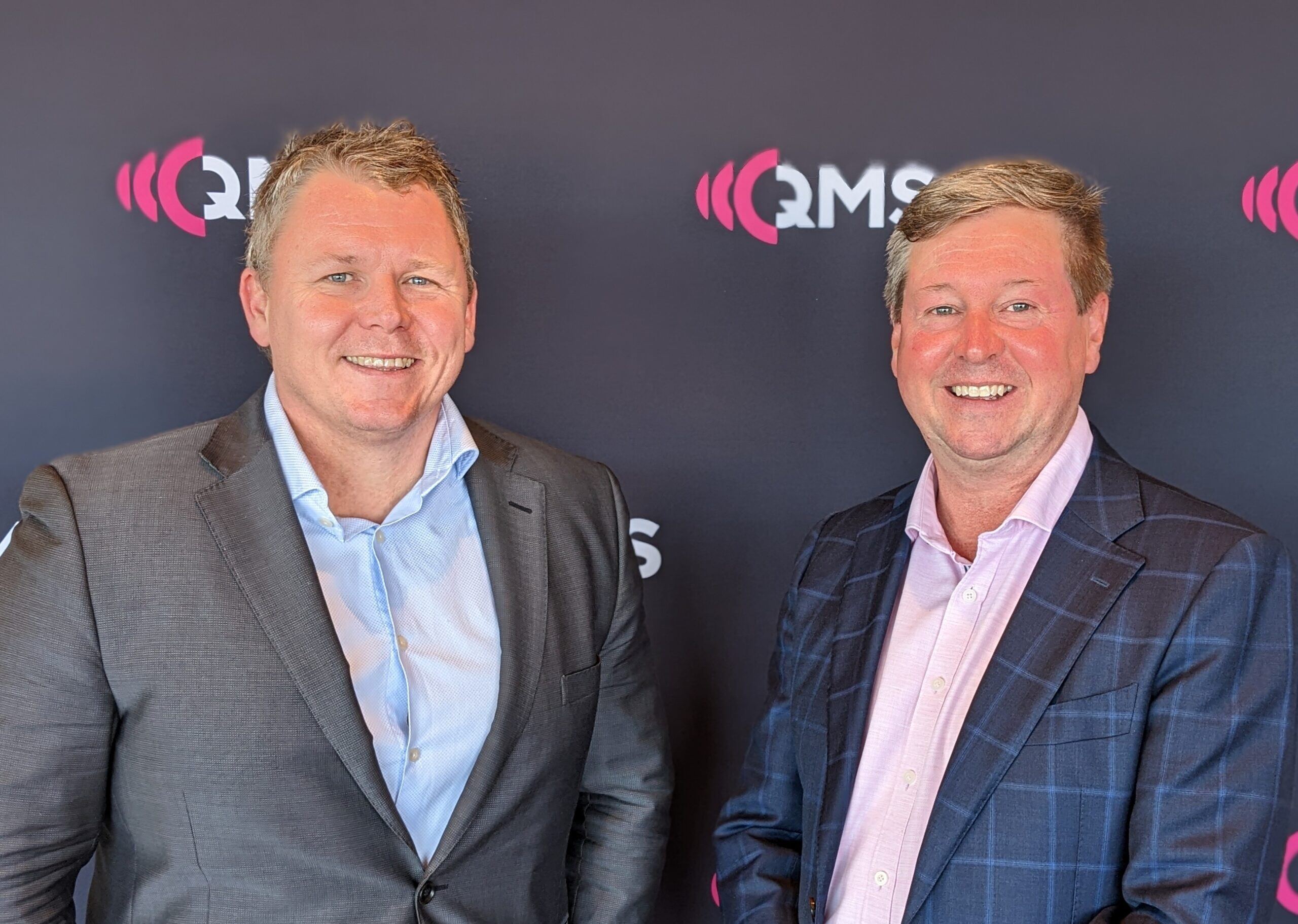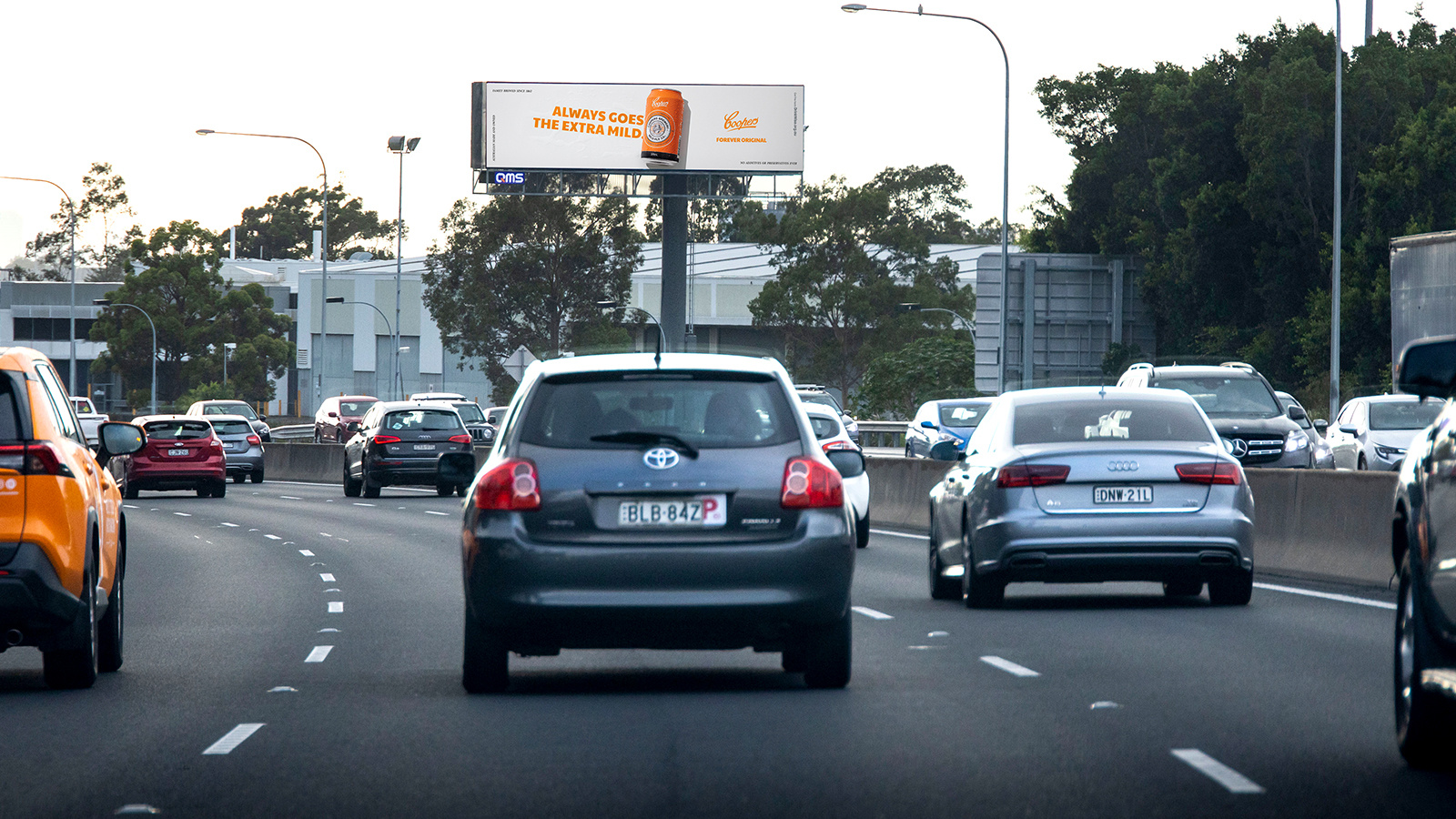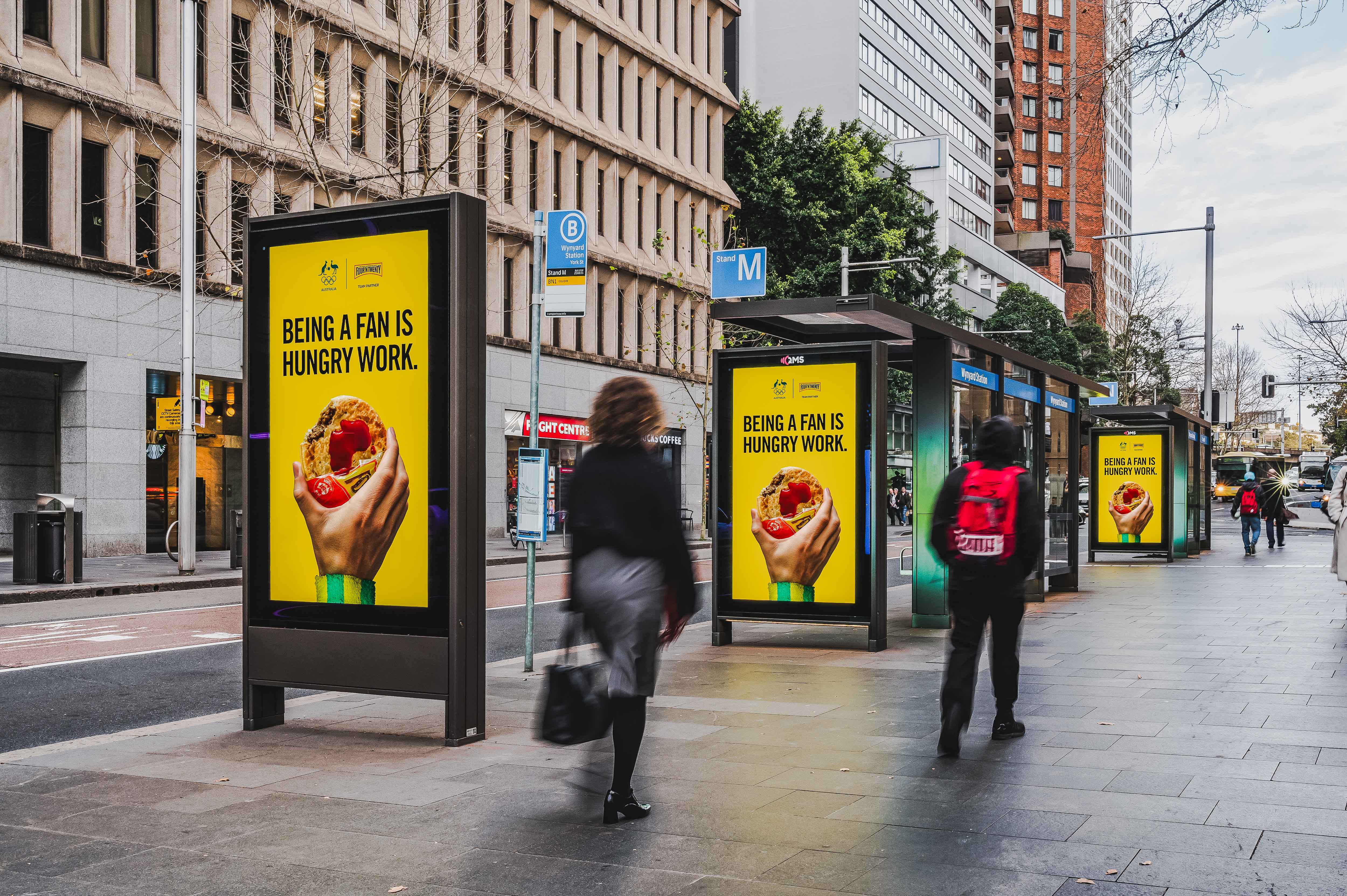The Numbers Don’t Lie: The Rise And Rise Of OOH
By John O’Neill, Chief Executive Officer, QMS
The March 2023 ad spending numbers published recently by SMI are a sharp reminder that the media universe is changing. In this changing world, out of home (OOH) has greater and growing prominence, as
Old media players, new players and redefined media players all have appealing propositions and all of them are evolving, often at a rapid pace. As a result, advertisers need to reimagine the way they think about media channel choices and the expectations about what they can deliver. At the same time, the industry’s view on revenue shares by sector needs to adapt to this new media landscape as well. No algorithm is necessary: just a look straight at the numbers and simple cause and effect.
For as long as I can remember, and in my time as an OMA Board Member, the OOH industry has had one key objective; to increase its share of overall ad spending.
- John O'Neill, Chief Executive Officer - QMS
And almost for as long as I can remember, OOH’s share has hovered in the high single digits. While some of our traditional competitors like TV and radio have slowly lost share to online rivals, OOH has basically held firm.
In recent years, the OOH industry has worked hard and invested significantly in new digital technology (and the resultant data and insights) to create a strong alternative – and to overcome the years of history, inertia and media norms that kept the legacy attributes of traditional media channels largely intact (with the exception of the rise of the online sector), OOH’s embrace of digital and data have made it more flexible, measurable and sophisticated, which have kept revenue shares by sector largely unmoved.
SMI data shows a decline in the linear TV, radio and print sectors’ shares of ad spending over the past six years.
Over the same period, OOH’s share has increased from 13.6% to 14.6%. It’s been a slower and more evolutionary channel growth, with OOH companies taking care to ensure new digital technology enhanced the benefits of their medium.
- John O'Neill, Chief Executive Officer - QMS
A couple of compelling realities converging have been the catalyst to these numbers changing.
First, consumer patterns have changed through the digital wave to form different habits, needs and movements. In the past, OOH was a reach medium that delivered high impact when people were travelling between places. Now, thanks to the industry’s investment in new digital assets, it’s an attention-grabbing screen wherever and whenever people are on the move.
Secondly, media investment has long required reliable and rich data – delivered quickly – to justify channel spend. For too long, OOH had one-dimensional modelled data. Now it has multi-dimensional real-world data that looks at qualitative and quantitative measures such as the introduction of a neuro impact factor for MOVE, making it equal to any other channel in its capability to drive real results and impact.
Thirdly, for years other media offered compelling creative opportunities which encouraged some powerful campaigns with impressive results, either singularly or as part of a multi-channel strategy. Now OOH can show off its own creative brilliance with similarly impressive results, via digital, 3DOOH, interactive, dynamic or other creative storytelling opportunities.
And finally, OOH remains big, public and standalone, so it has a level of trust that other mediums struggle to match.
Audiences are following their lifestyle needs and spending more time out and about – particularly in a post pandemic world. So naturally, OOH is allowing advertisers to follow audiences and impact them in a trustworthy and safe environment.
- John O'Neill, Chief Executive Officer - QMS
The effect is that the legacy revenue share positions that established media channels have held are more fluid. The benchmarks that media planners and buyers have traditionally used to evaluate different media increasingly don’t apply. The power of a screen is still very compelling for many advertisers, but now with different screen options across different media and new forms of audience measurement comes the need to rethink how ad budgets are spent, by screen or format.
With OOH, there are now very clear and compelling reasons why it is becoming a primary medium, not the least of which is what it is capable of delivering, with trust and transparency in campaign delivery.
- John O'Neill, Chief Executive Officer - QMS
As this continues to play out, it’s safe to assume that OOH’s share of the ad market will continue to grow and be a smart investment for brands, even in volatile trading circumstances.
This article first appeared on Mumbrella on 9th May 2023
